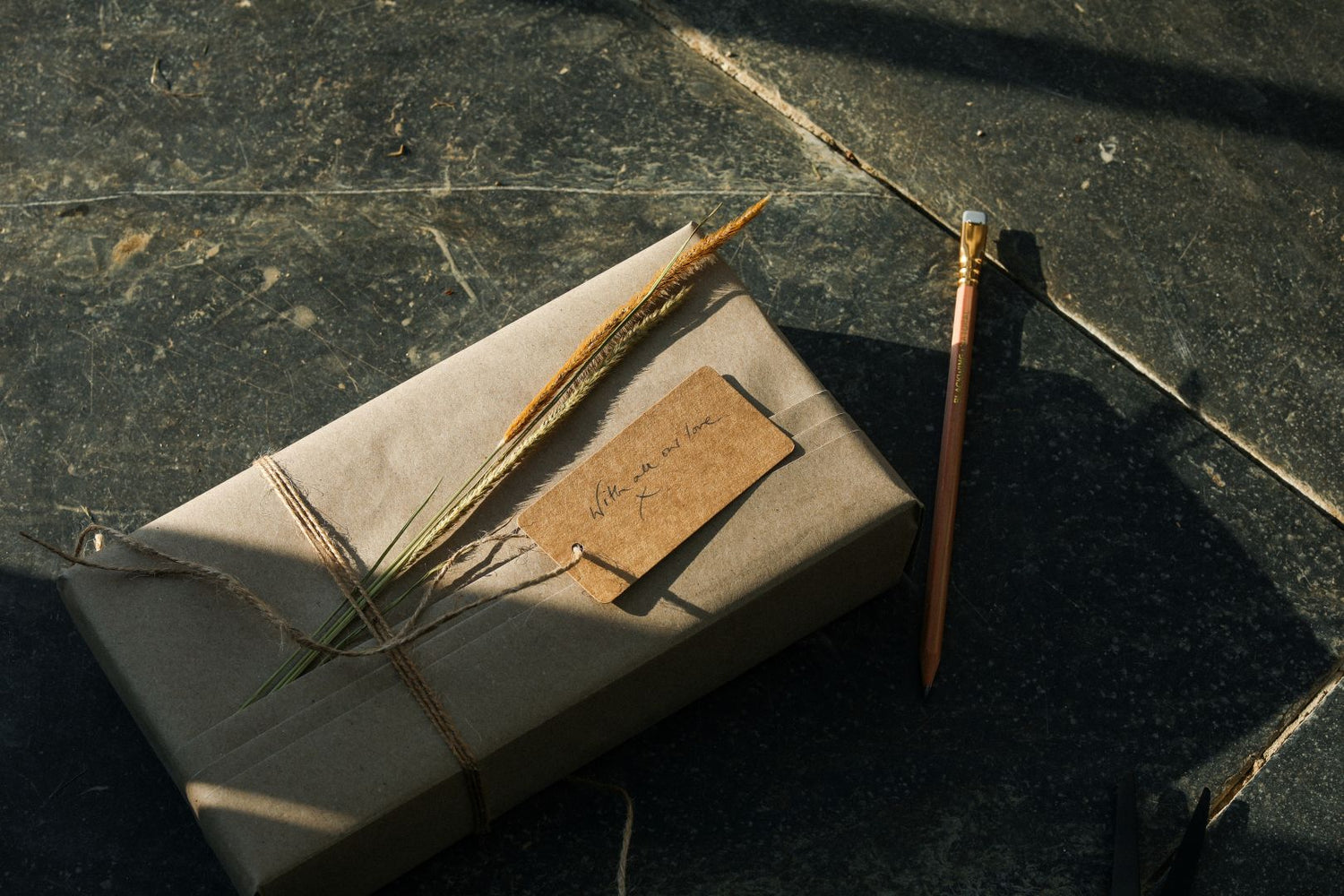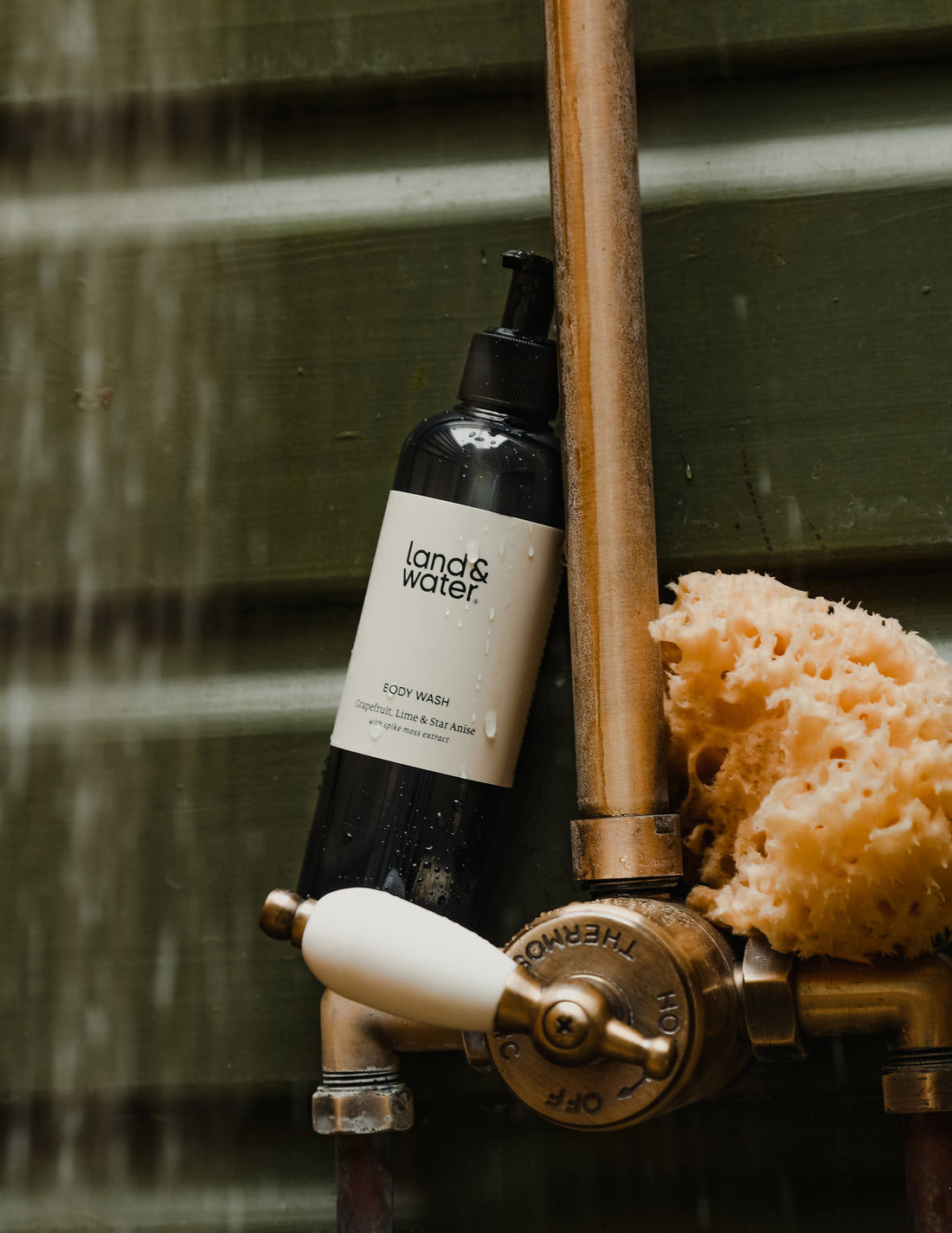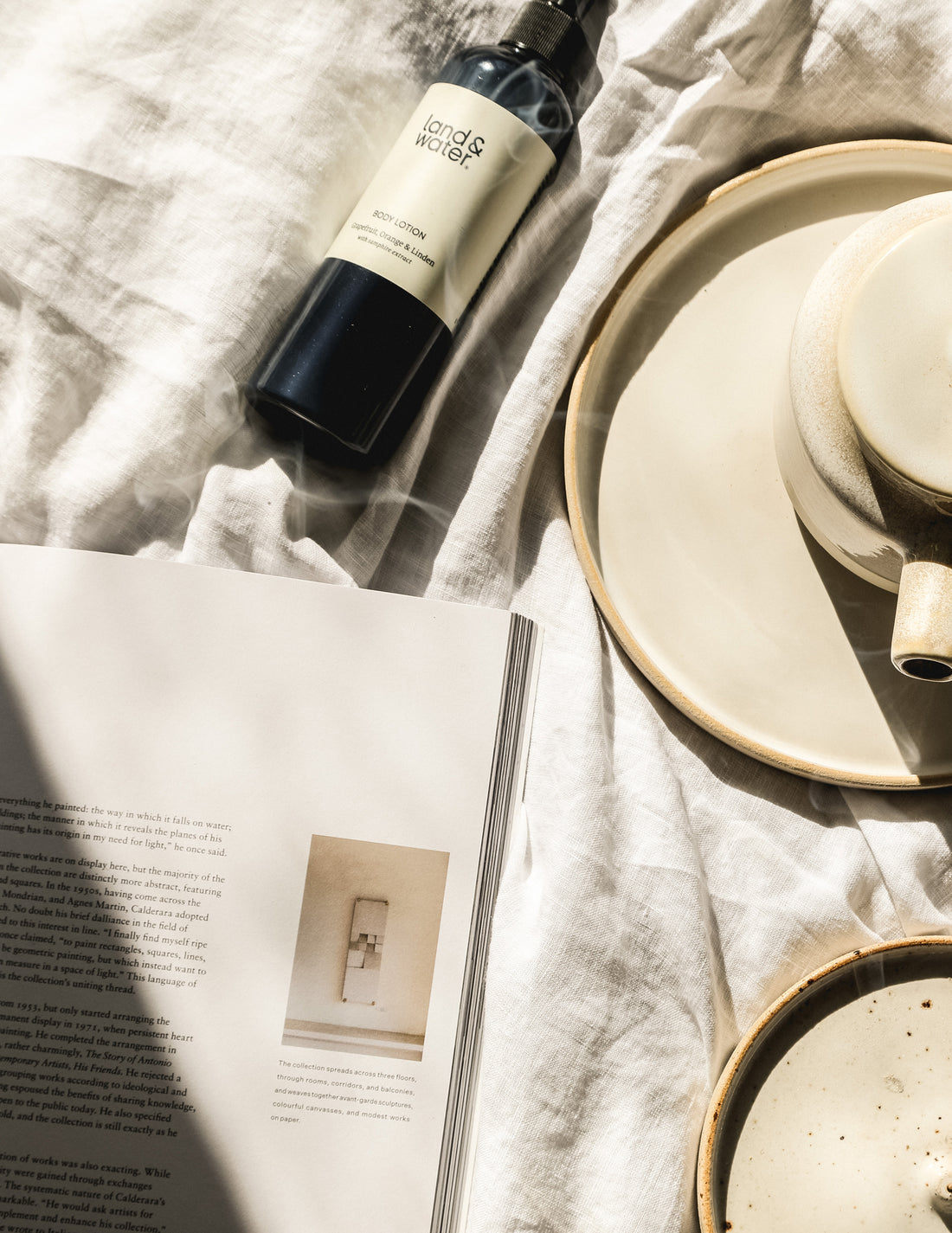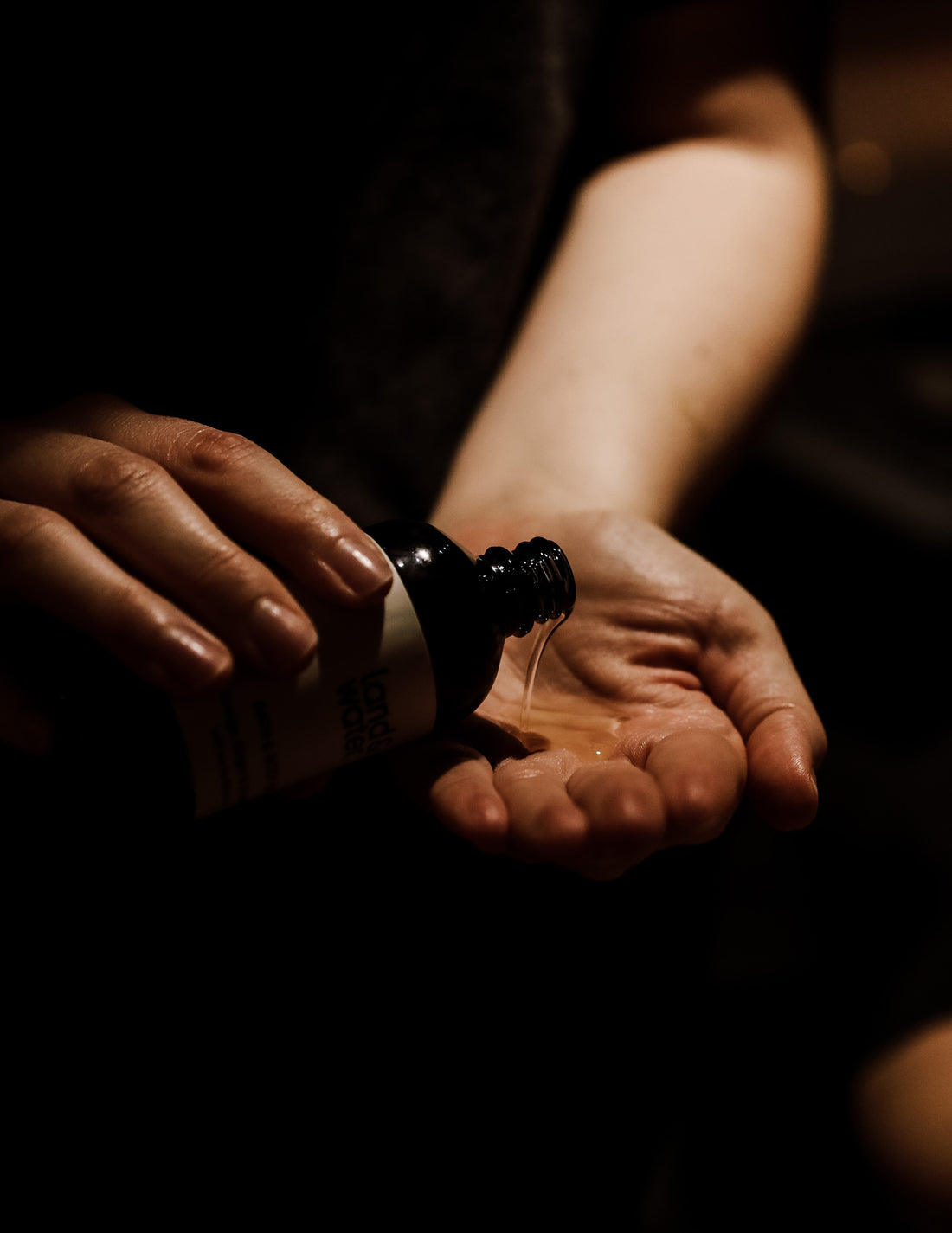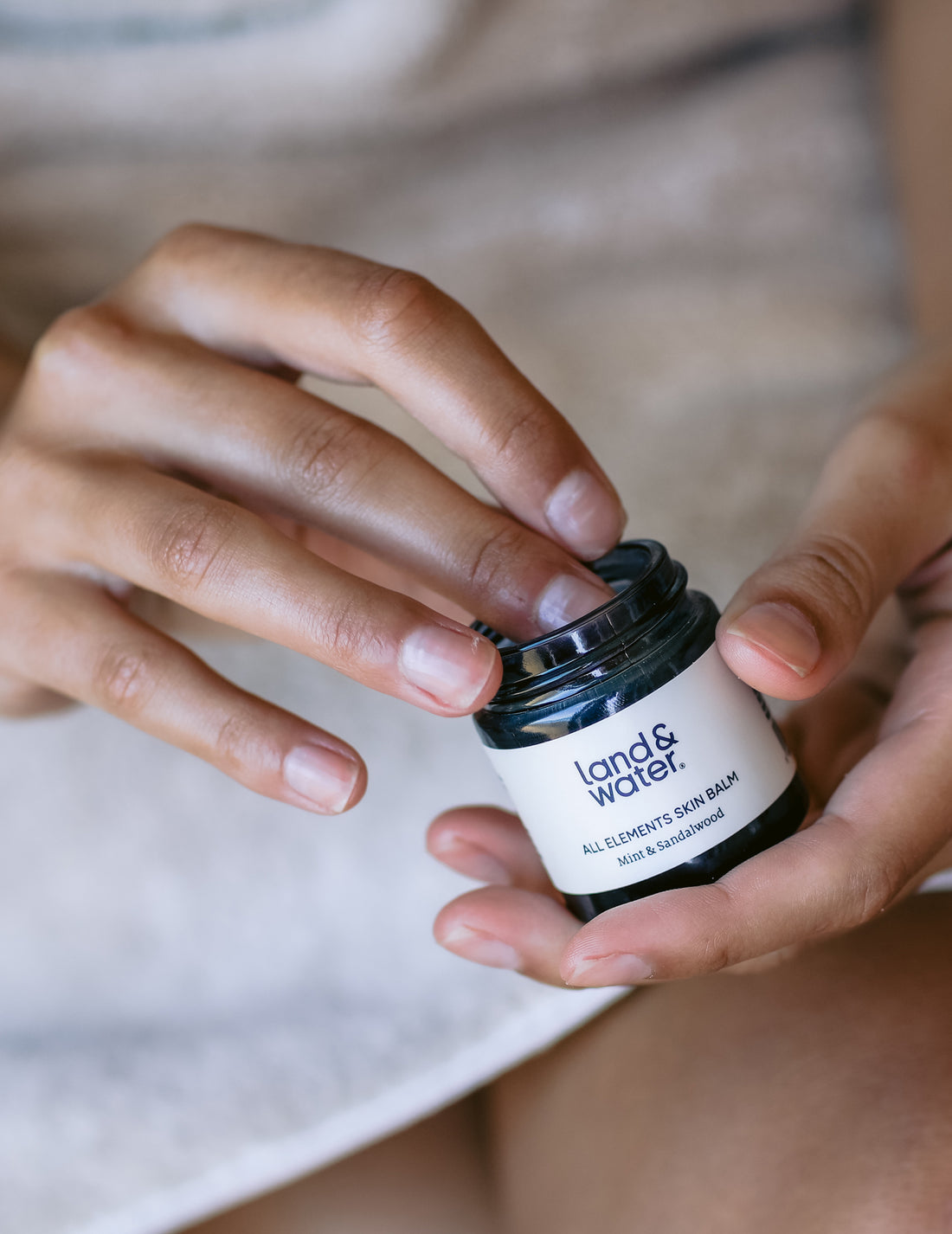“I grew up on a farm in Lancashire and had a really intimate relationship with nature – everything from lambing in the spring through to building hay bales and finding bats in the barn. I was fascinated, and couldn’t get enough of the outdoor world as a kid. I’d go foraging for mushrooms with my Granny and we’d cook them up. I was very fortunate to have that kind of upbringing. I feel like the outdoor world is a never-ending encyclopaedia. You can never learn enough.

I was diagnosed with colon cancer at 27. Up until that point I’d worked and travelled a lot around the globe, as a scuba diving instructor after studying marine biology at university. But after my diagnosis, and a year of treatment and wondering if I’d get a second chance at life, it made me really think about what I wanted to do.
Sometimes I’d turn up for the next chemotherapy session and realise that the person who’d sat next to me for the last three months hadn’t made it. It was just so brutal – some people made it, and some people didn’t. When I got back on my feet it was really a crutch decision time. I had to ask the question, “If I’ve only got one year left, what do I want to do with that time?” And the answer, really, was just to return to the wild – the thing that made me feel most at home.

I had a vision for an off-grid site; I’d always wanted to be able to get people to share the experiences I’d had in the outdoors. After a lot of looking, I found the little cottage at what is now 7thRise. I negotiated it rent-free for the first year, and spent that time doing it up, painting, and building a fire pit, ready to start running courses. I had no money, so had to use lots of old recycled stuff and whatever I could get my hands on.

Fast-forward seven years, and we now have a tree house, a hunting lodge, a cabin, and a kitchen with wood-fired ovens and a fire pit. We’ve got woodland and the river to go and play in. A lot of it takes me back to my childhood – building dens in the stream, and building camps in the hay bales on the farm.
Mental health, digital detox, the pressures of city life, growing environmental awareness… 7th Rise has naturally grown with those needs of society. We were always pushing that from the early days – but now those desires are more prominent than ever. That escape to the wild is what people are searching for.

Being near water is crucial. It really elevates the experience. Here, we have woodland, estuary, a fresh water stream, pasture land around us, hedgerows… It’s so diverse, but water just gives an added element that you can’t replicate any other way.

When we take people wild swimming, they have very understandable fears and reservations about the cold. Then you watch them rise to the challenge and jump in. It shocks the body. Apparently it’s called ‘cryotherapy’ now – it’s seen as a way of firing up the immune system – but actually it just replicates what we’ve done for thousands of years, washing in freezing cold streams and waterfalls when we were cave dwellers.

People pop back up to the surface after diving in, and take this huge breath of air and realise that it’s so totally invigorating. The cold, and all of this wilderness completely surrounding you. It’s quite a spiritual experience. Water can do that.

If you’re a human being, you’re a walking primate that’s been evolving in the wild for over two million years. When you return to that natural environment you were designed for, you have positive experiences and health benefits.

I’ve had so many people say “no, no, no, I’m a city person”, but you just can’t escape it. It’s too deep in your DNA. There’s a little cave person in everyone. You watch all of those mental health issues melt away, people breathe the fresh air and they eat wild food and they swim in a river and it returns you back to that pure pinnacle state you were designed for.
While I was building the business I lived on site, alone, down in the cottage for three years. It was amazing, but incredibly challenging too. Spending three dark, cold winters there, without enough money to turn the heating on.

The solitude can be quite scary. People are scared of darkness, the wild, and their imagination sometimes. You start to learn all of your own demons. But on the other side of a lot of those fears is empowerment, and personal growth. It takes you through these exercises in your head that you’ve never been through before. You gradually develop confidence and independence. I think it’s amazing.
People are generally resistant to being on their own, we are very social creatures. In prison, the ultimate punishment is solitary confinement. Yet at the other end of the scale you have different cultures and traditions – yogis, Buddhists and other spiritual people – who will do that by choice, because it’s when you break through a certain barrier. It’s part of their spiritual journey to find their inner peace.

The flipside of that is how enjoyable it can be to have good people around you. To have friends and family and good relationships with your community.
Spending time in the wild affects people’s relationships and friendships. It can trigger conversations or a sense of opening up that might be harder or comes more slowly in more conventional environments, with too many other stimuli around you. If you’re sitting around a fire pit, and have a lot of time, you have more emotional space. Without distractions from your phone, or your schedule for the day – you have time to breathe. That creates an amazing environment for people to contemplate stuff, to open conversations.

Some of my proudest moments since starting this whole thing are the heartfelt emails we receive. People say things like, “I meet up with my friends a few times a year, but I haven't actually connected with them like that in a decade.” Or, “I haven’t had time to think like that for ages, I’ve made some really big life decisions while I was in the woods.”

Why would you become an environmentalist if you’ve never enjoyed or spent any time in the environment? I think the more that people can connect with the wild on a first-hand basis, the more hope there will be. The kid who walks down through the woods and spots a seal in the creek, or gets to cook food they've foraged over a fire – that’s the person who falls in love with the environment, who in the future will be in government writing policies to protect nature, and look after our planet.”
+





